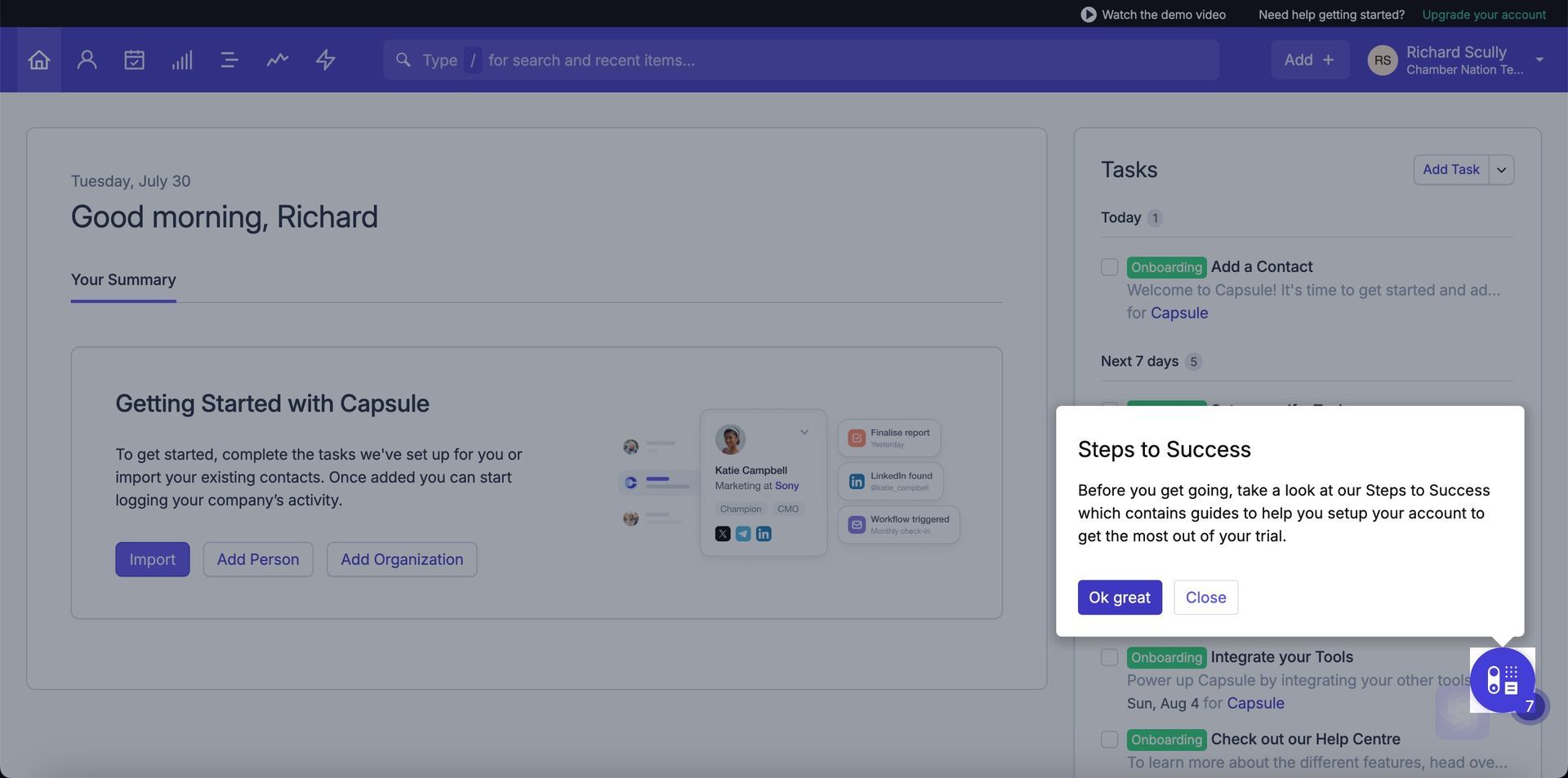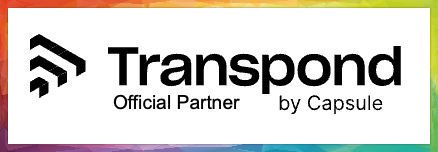Free Starter CRM Screen Shots
Why Small Businesses Need CRM
Many business owners, investors, and entrepreneurs with small businesses can find it difficult to manage manual administrative tasks, sales processes, and marketing campaigns all the while prioritizing opportunities. Small businesses mostly grow through manual processes due to limitations in resources, so it can be hard to identify areas that can be improved by using an application. That's where a CRM comes in. It's a centralized system that helps you manage your data more effectively and fully unlock your potential. Here are the top reasons why small businesses should invest in a quality CRM:
1. Alignment of Sales and Marketing Teams
Sales and marketing teams are mainly responsible for the growth of businesses. Depending on the size of your business, you can have multiple people looking after sales and marketing, or you may have someone who is capable of doing both. Regardless, they must be aligned at all times and at all levels of the sales funnel to ensure they're taking a consistent approach.
Sales and marketing should be in harmony to effectively generate and nurture leads. They need to have access to the same data, see where interactions are up to, and should collaborate effectively for sales and marketing campaigns. A CRM for small business can make these tasks possible and easier.
2. Possibility of Business Expansion
If you're aiming for growth, then your business shouldn't stay small - the possibility of business expansion and getting ahead of your competitors should be your primary focus. If that's the case, then a CRM for small business is definitely what you need.
The more customers you have, the more potential there is for processes to become complex if you're managing them manually. As a business owner, investor, or entrepreneur, you may need to explore new opportunities, handle more transactions, and visit more customers Implementing a CRM is a cost-efficient method to deal with all these and help your small business explore its full potential.
3. Personalized Advertising and Marketing Strategies
Small businesses can often cater to a specific location or target market. Targeting a specific market requires high quality, consistent data, so a CRM specifically for small business is ideal.
With a CRM, you can analyze data, create personalized campaigns based on the data you gathered, and run targeted marketing campaigns through any dedicated systems.
4. Automation of Business Processes and Transactions
Say goodbye to manual processes. A high quality CRM can automate your business processes under a centralized system. Almost every business today relies on some form of digital automation, and you shouldn't be left behind.
A CRM for small business should automate certain aspects of your workflow to help you achieve more. This can improve your employees' productivity and improve overall sales as they won't have to engage in as many manual processes.
5. Visualize A Growing Sales Funnel
Careful research on your target audience, direct competitors and market trends can help a small business stand out amongst competitors. Storing this data manually can be a challenge for businesses but a CRM can help by aggregating data into a centralized location and enable you to visualize your sales funnel.
A good CRM for small businesses should have features like pipeline management, sales analytics, task management, contact management, and various analytical tools for storing, sharing and analyzing data on customer behavior.

Contact Us
Support/Main:
(855) ADD-Members
Support Center:
Click Here
Community Publishing System - a service of Chamber Nation / PO Box 466 Conroe, TX 77305
Business Services by Chamber Nation





















